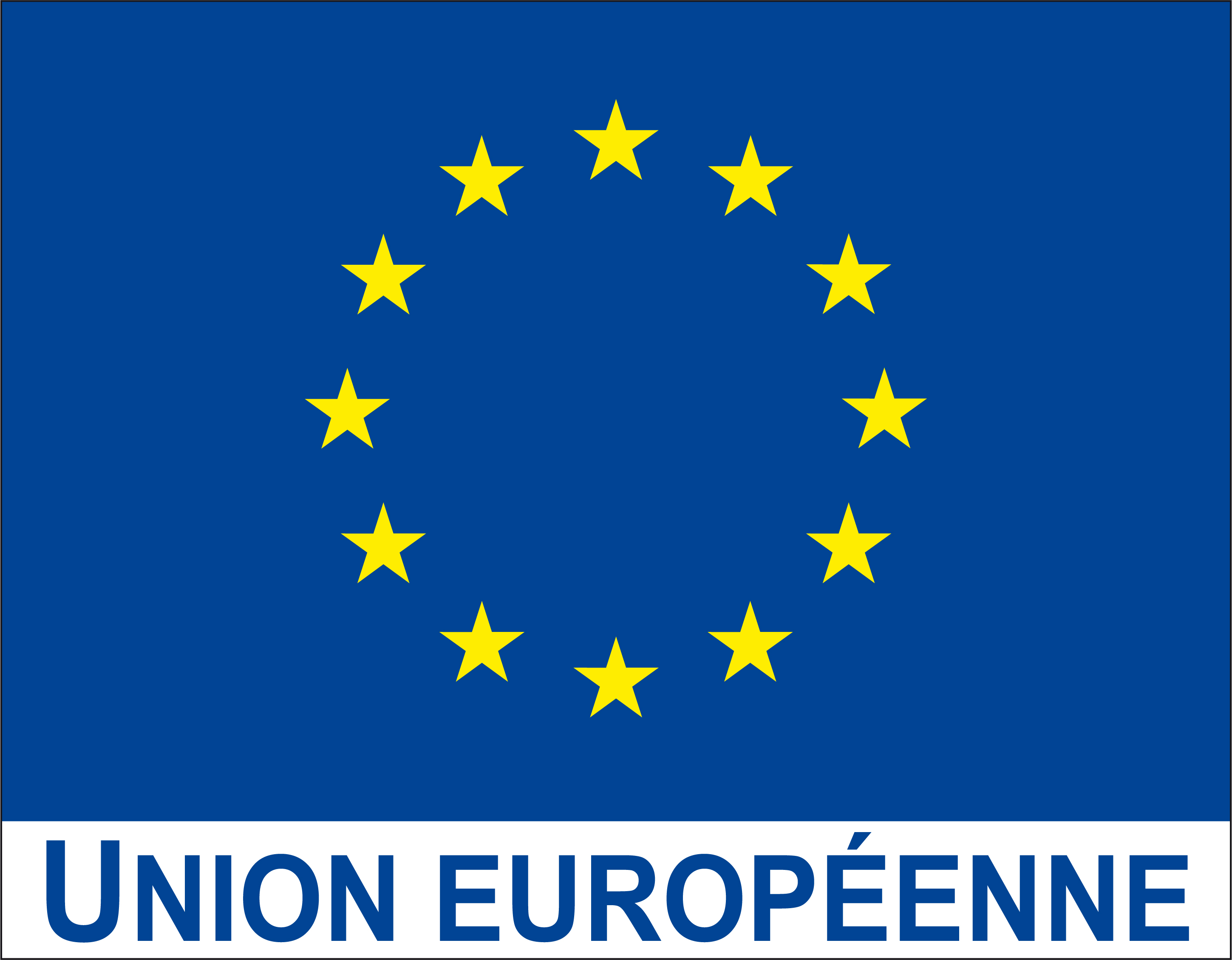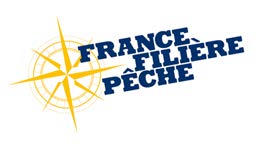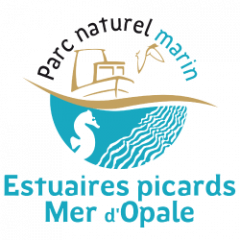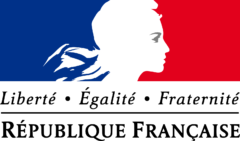About the project
This project is led by the Marine Natural Park of Picardy Estuaries and the Opal Sea (Parc Naturel Marin des estuaires picards et de la mer d'Opale), in partnership with the FROM Nord producers' organization.
The project concerns:
- The definition and design of trammel-type fishing nets (or "sole nets"), using biodegradable, bio-sourced, recyclable materials and without the production of microplastics;
- The testing of the net during experimental tides to evaluate its fishing capacity and technical constraints;
- The study of the recycling process of the waste from these biodegradable nets (industrial compost);
- The potential subsequent marketing of these nets.









